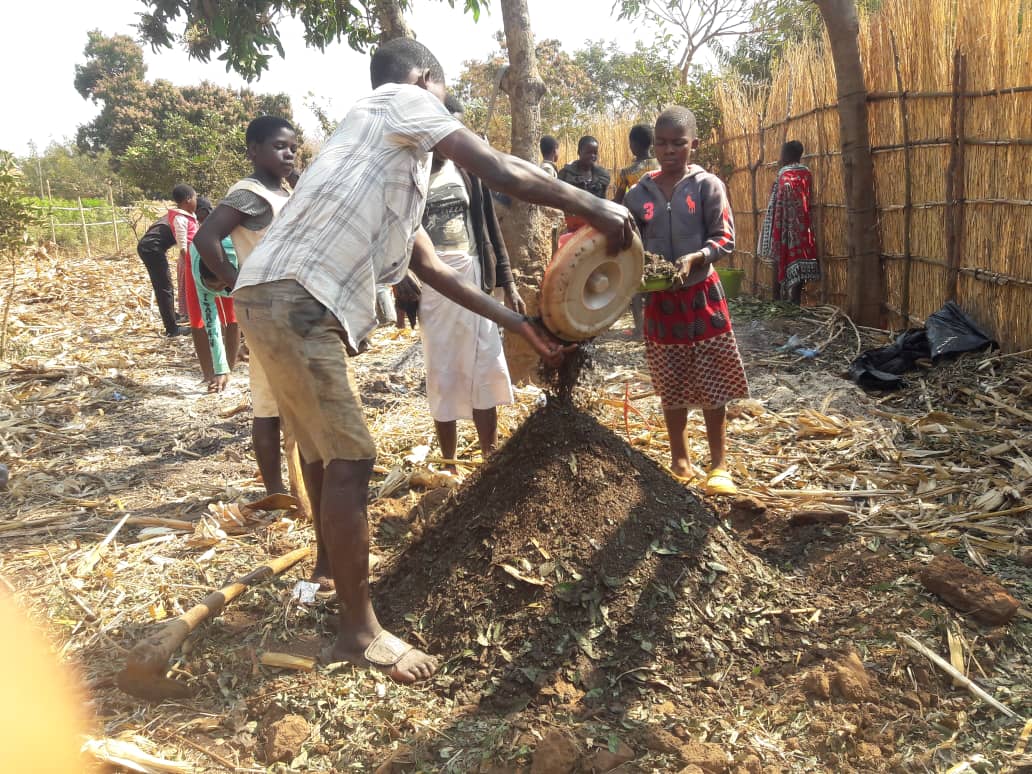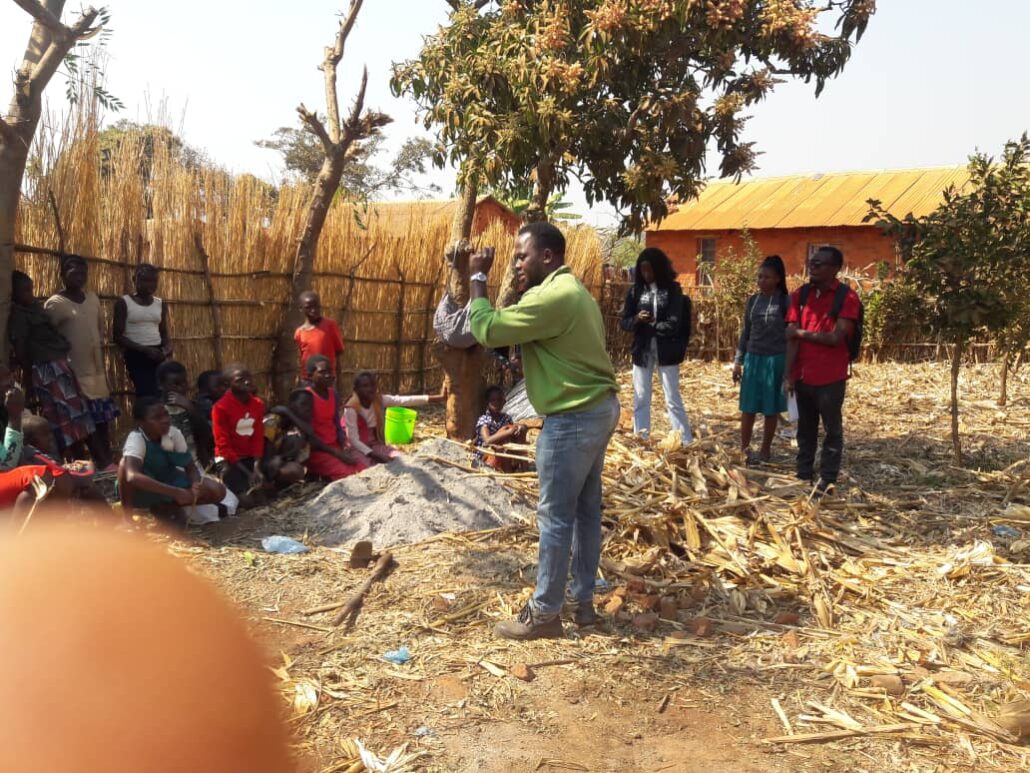
When we think of climate action often we focus on the skies and the greenhouse affect causing rising temperatures and sea levels but it is important to look down at our feet too!
For a sustainable and productive future our soils need attention too and soil conservation is more important than ever as globally its mistreatment is having a domino effect impacting many things from successful harvest and farming to flood prevention and its ability to absorb water and CO2 emissions.
The statistics are alarming with soil failing across the world. Every five seconds a soccer pitch of soil is eroded, and it’s estimated that by 2050 around 90 percent of the Earth’s soils could be degraded (National Geographic, 2024).
Degraded soil means wildlife and agriculture struggle and for farming communities in the Global South, who survive on what they produce from the land – barren and unfertile soil can trigger humanitarian crises as families grow more and more food insecure.
Across the globe, we are all experiencing the effects of climate change but in Africa, especially, extreme weather and desertification is having an immediate affect on communities as deserts expand and soil is stripped of nutrients. Like all things related to nature, we are beginning to wake up to the destruction and exploitation of the environment and our common home recognising that soil is a priceless, irreplaceable resource and the foundation to sustaining all life on earth.

JCED Field officer, Simplex, gives farming community a workshop on organic fertilizer
But we can make a difference
It’s not all doom and gloom!
There is still time to rebuild our soils as healthy, productive and sustainable ecosystems.
As the global community wakes up to work together to preserve our oceans, our forests, and our biodiversity – it’s time to look down at our feet and for individuals, communities, companies, and countries to help save our soils.
At the heart of all our projects is sustainability and working with farming communities in Kasungu, a district in northern Malawi, soil preservation is so important.
Partnered with the Jesuit Centre for Ecology and Development (JCED), the Tasinth Mlimi project, funded by Misean Cara, is focused on building resilience in vulnerable communities by way of improving food security whilst building grassroot knowledge of sustainable farming practices.
A big part of the project is to tackle deforestation and restore ecosystems for carbon sequestration which is a fancy term about the process in which CO2 and greenhouse gases can be captured and stored reducing the amount being released into our atmosphere.
Despite doing the least to cause global warming, the global south is at the forefront of extreme and harsh weather conditions due to climate change. Farming is becoming increasingly difficult and leaving vulnerable communities even more vulnerable as they struggle to cope with environmental hardships.
A major component to the Tasinth Mlimi project is practical farming workshops which is about building local knowledge with green and environmentally friendly farming practices. One of these workshops is focused on tackling the use of chemical fertilizers which pollutes waterways and harms wildlife.
Organic manure is crucial for the health of farmlands and the prolonged use and continuous dependence of chemical fertilizers is not only degrading soils but also driving up prices, leaving smallholder farmers helpless.
As a result, households in Malawi are finding it increasingly difficult to produce enough food in their fields – through practical workshops, communities are building a strong knowledge base that will not only build livelihoods sustainability but instill in future generations the commitment to protect their local environment.
You can learn more about our environmental work with JCED by watching this video:
and for more on sustainability projects, click the link: here

